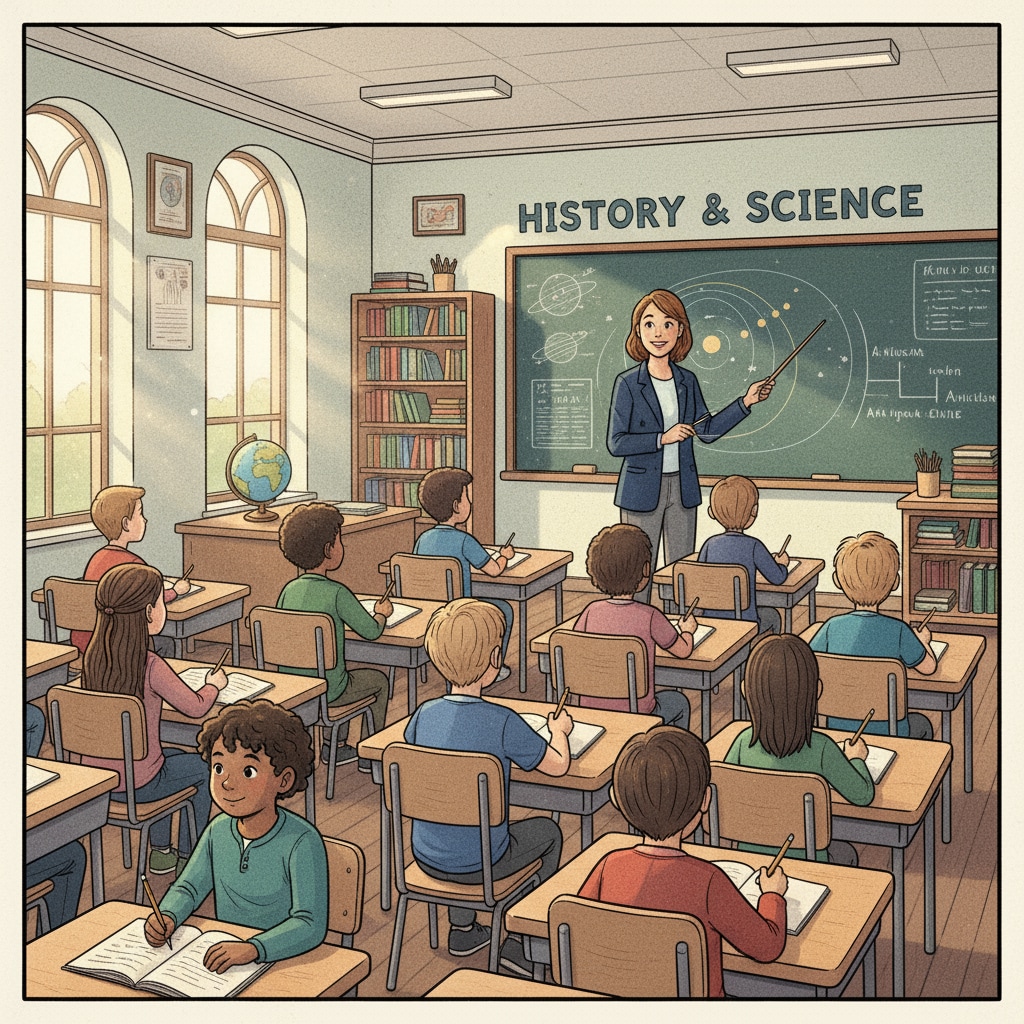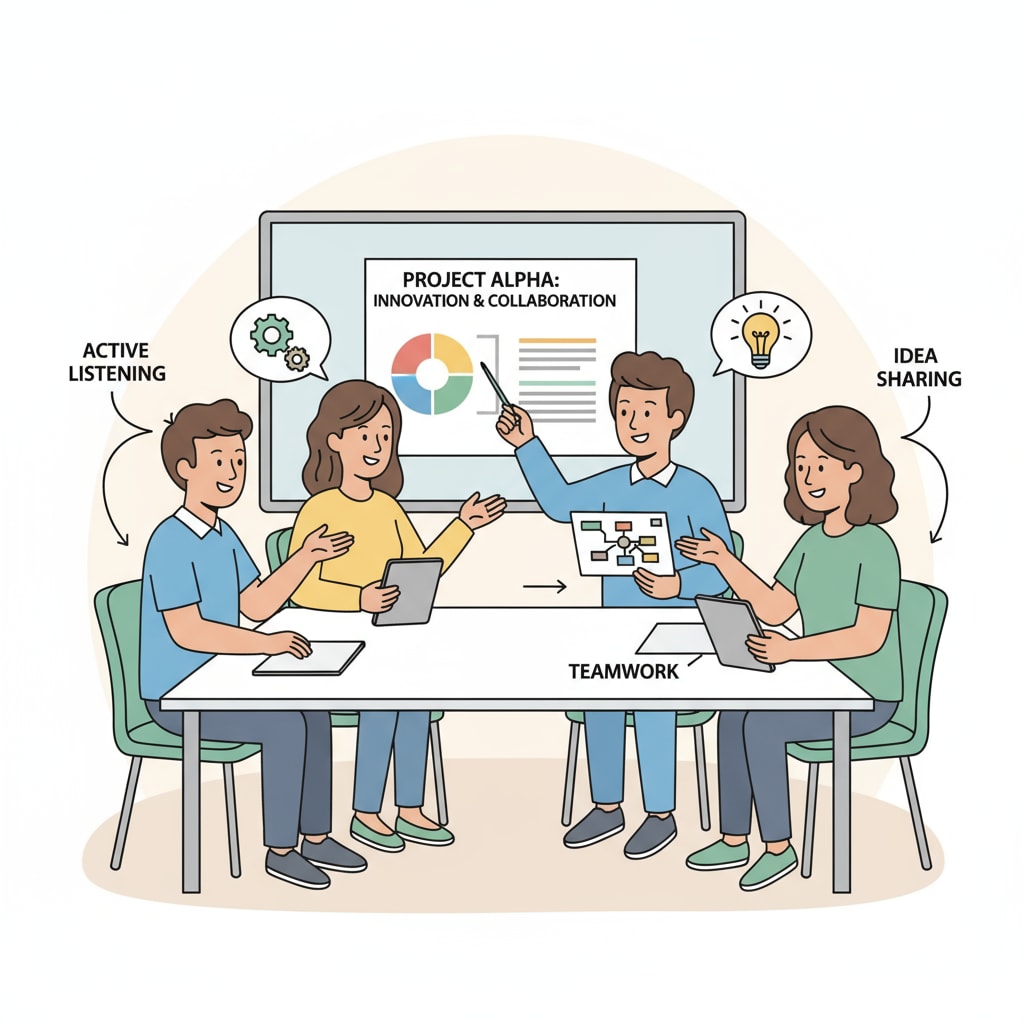School education, life skills, and practical knowledge are crucial aspects of a well-rounded education. However, in today’s K12 education system, there exists a significant disconnection between what students learn in school and what they need in real life. This disconnection has far-reaching consequences for students as they transition into adulthood.

The Overemphasis on Knowledge Memorization
The current K12 education system often places a heavy emphasis on rote memorization of facts and figures. Students are drilled to remember information for exams, but this approach does little to develop their practical skills. For example, they may be able to recite historical dates or mathematical formulas, but struggle when it comes to applying these concepts in real-world situations. As a result, they lack the ability to think critically and solve problems independently. K12 Education on Wikipedia
The Neglect of Real-life Skill Development
One of the most significant issues is the neglect of real-life skills such as financial literacy, time management, and interpersonal communication. These skills are essential for success in adulthood but are rarely taught in depth in schools. For instance, financial literacy, which includes understanding budgeting, saving, and investing, is crucial for managing personal finances. Yet, many students graduate from high school without a basic understanding of these concepts.

Another area of neglect is interpersonal communication. Good communication skills are vital for building relationships, both personal and professional. However, the K12 system often fails to provide students with sufficient opportunities to practice and develop these skills. This can lead to difficulties in social interactions and in the workplace later in life.
To address this issue, schools need to incorporate practical life skills into the curriculum. This could include offering courses in financial literacy, home economics, and communication skills. By doing so, students will be better prepared to face the challenges of the real world.
Readability guidance: As we can see, the current K12 education system has some flaws in terms of integrating life skills. By recognizing these issues and taking proactive steps to address them, we can ensure that students receive a more comprehensive education that equips them with the practical knowledge and skills they need for a successful future. We should focus on making education more relevant to real life and empower students to thrive in the real world.


